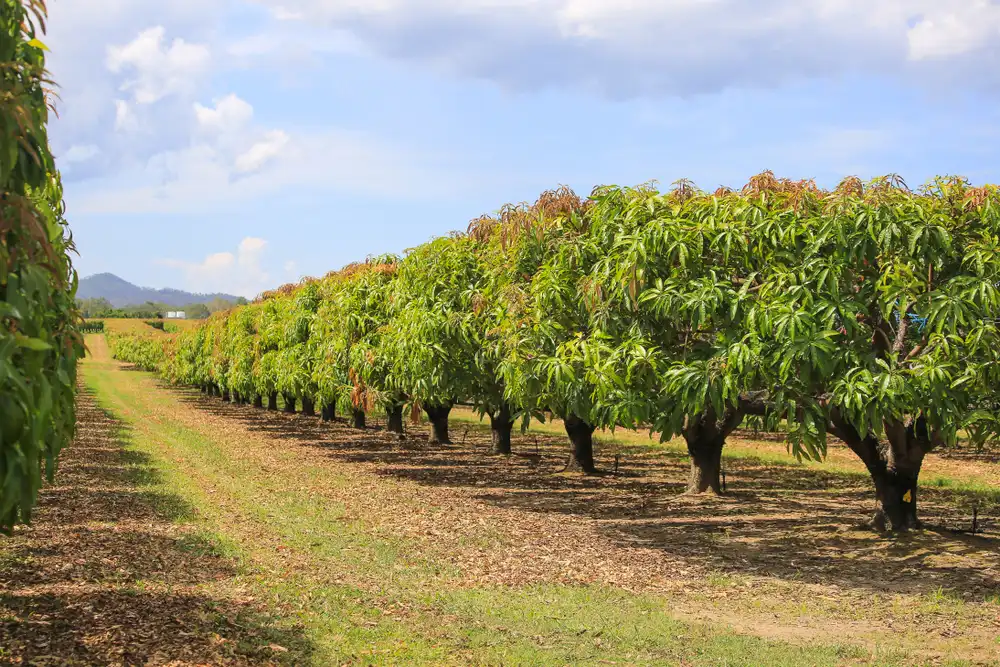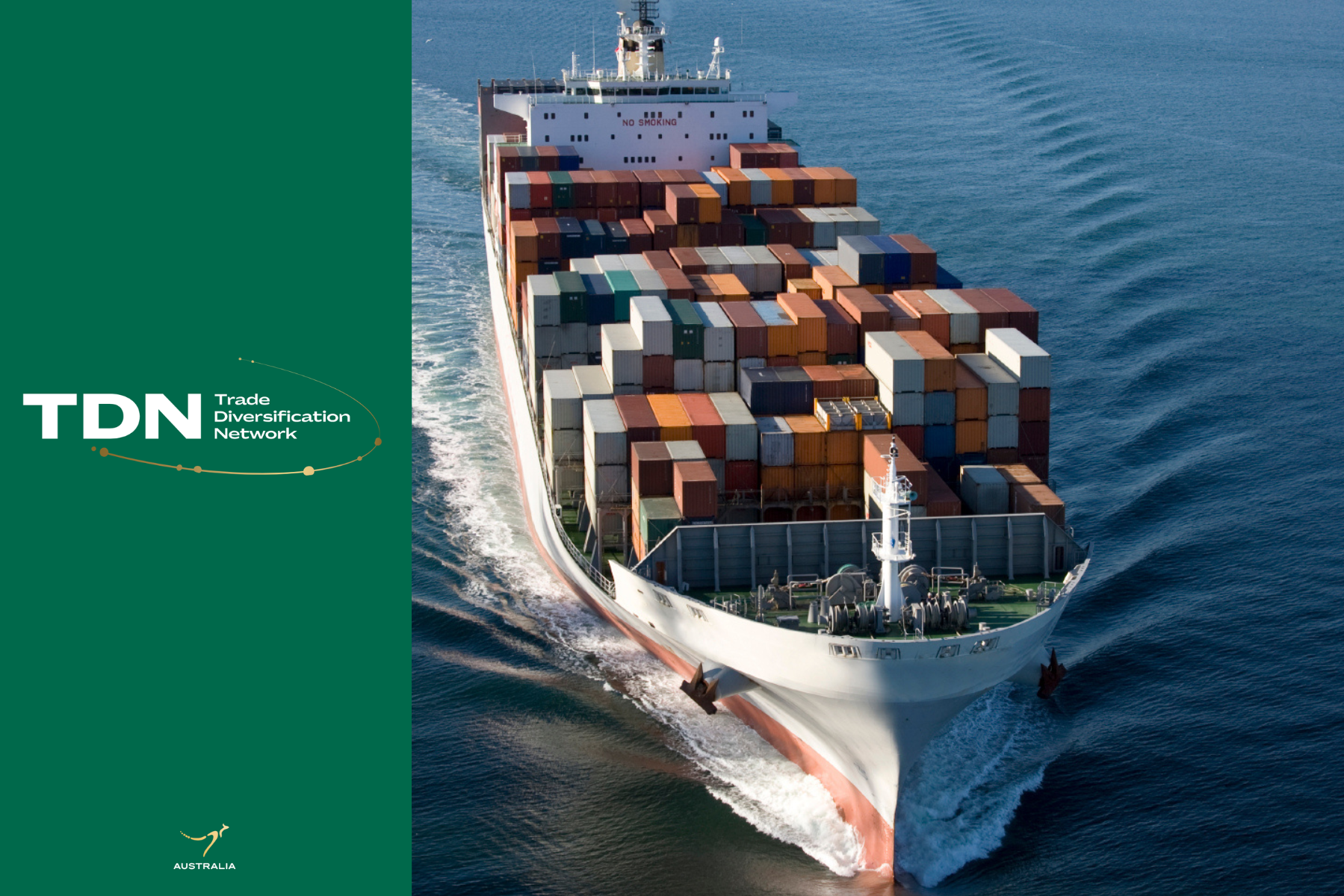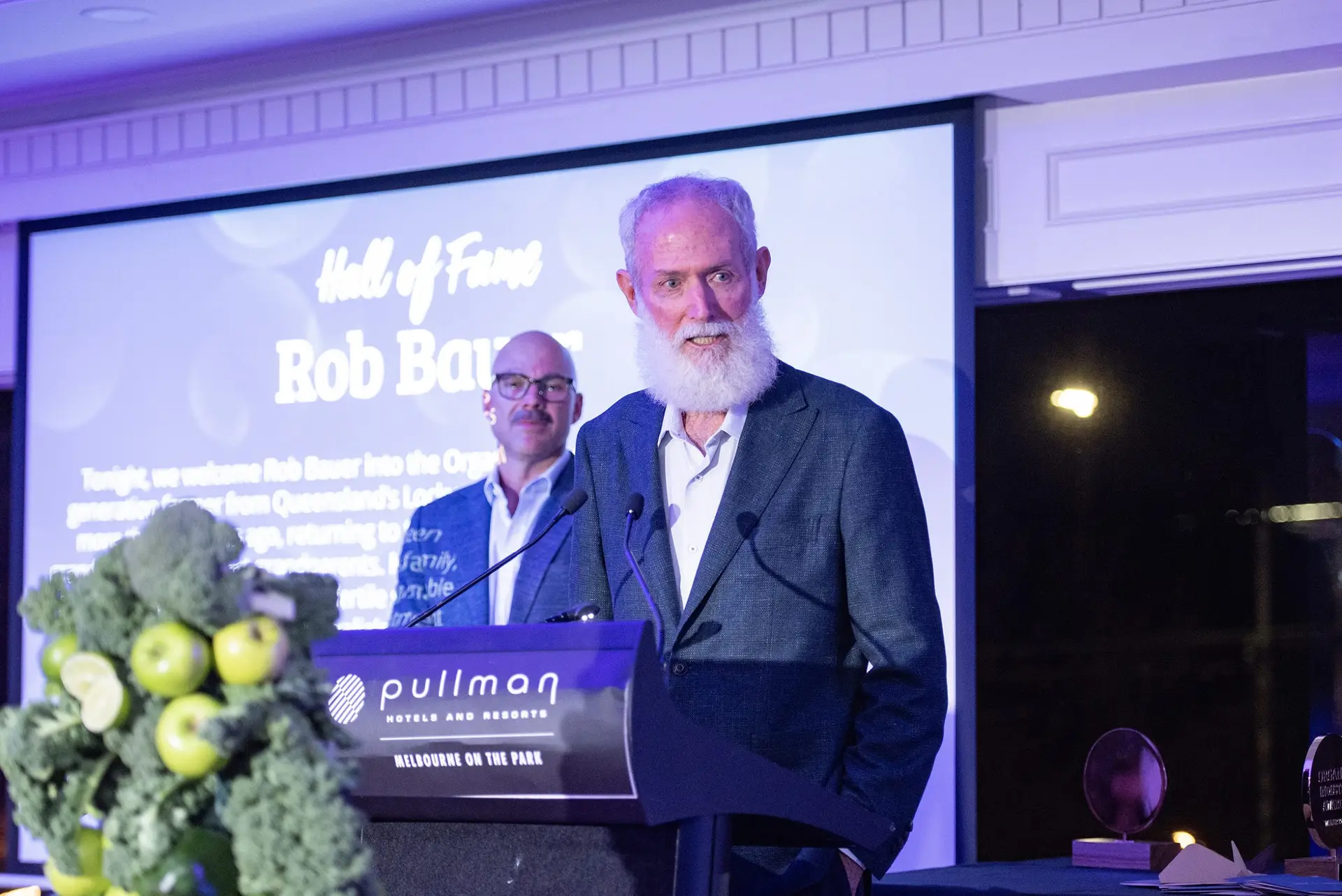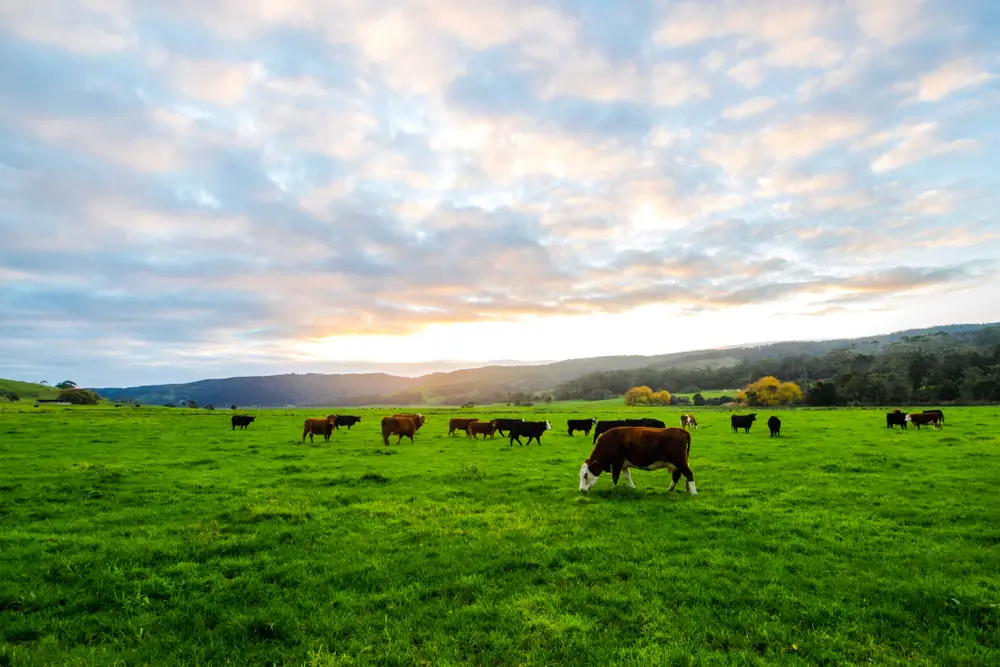THE ROLE OF COMPOSTING IN A CIRCULAR ECONOMY
The extreme heat over the summer months and ongoing drought have brought the worst bushfire season we have seen in Australia, destroying houses, local businesses, vegetation and wildlife. The increasing effects and consequences of global warming urgently calls for drastic changes in the way we reuse resources. The push for a greener and more sustainable environment has now become ever more crucial to human survival in the future.
One way to achieve long term sustainability for our environment is adopting a “Circular Economy” model. This popular approach, already adopted by many global countries, favours the recycling of resources through a closed-loop system where recyclable materials such as food waste is diverted from landfill and re-used.
Composting is nature’s Circular Economy, where food waste is reduced and reused, its nutrients are recycled into fertiliser. By returning these nutrients back to the soil, rather than letting organic waste rot away in landfills we can feed diverse life in the soil. The bacteria, fungi, insects and worms in compost support better soil health and plant growth, ultimately boosting its resilience to cope with harsh drought conditions.
May 3rd to 9th marks International Compost Awareness Week (ICAW) in Australia. This is a week during which Australians are encouraged to promote the importance and benefits of composting in their local communities. CORE, a not-for-profit charity has been championing this international awareness campaign exclusively in Australia for 15 years. ICAW has contributed to reducing organic waste going to landfills and at the same time improve liveability in our communities.
“Recent weather catastrophes have given us a wake-up call to be more proactive about building our resilience to changes in our climate conditions, irrespective of the differing views on the causes,” says Eric Love, Chairman of the Centre for Organic Research & Education (CORE). “Having personally experienced the impacts of drought, fires, dust storms, floods, ultra-high temperatures and severe winds, has strengthened my resolve to support the proliferation of climate responsive measures to improve liveability in our communities” continues Mr Love.
Major supporters of this year’s campaign include the Queensland Department of Environment and Science, Grampians Central West Waste & Resources Recovery Group (GCWWRRG) and the Penrith City Council.
La Vergne Lehmann, Executive Officer of GCWWRRG said “Encouraging residents in our communities to compost more at home and use compost in their own gardens is the best outcome for dealing with the organic waste that we create and our support for International Compost Awareness Week is all about engaging our communities to do just that.”
Below are some ideas for disposing your household organic waste:
- Compost it using a compost bin or make your own compost heap!
- Feed it to a worm farm – avoid citrus, spicy food, garlic, onions, meat, dairy and processed foods such as bread, pasta…
- If you live in an apartment, the Bokashi Bin Bucket might be more suitable or you can also find a community garden near you to give your organic waste to, they usually have a few compost bins and worm farms.
Find out more at the ICAW website: compostweek.com.au




